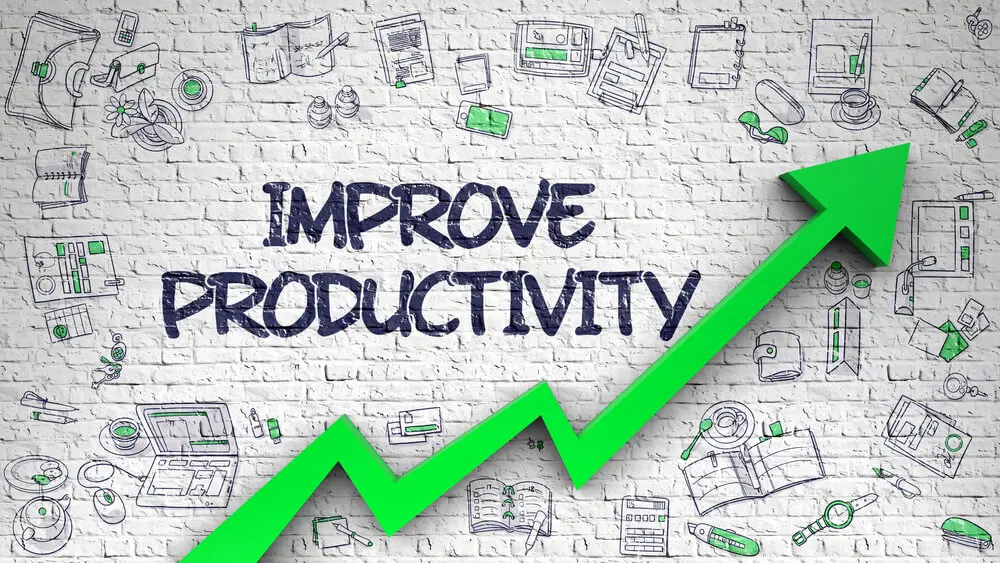Today, it is crucial to redefine productivity to encompass a more holistic approach that acknowledges the complexities of modern life.
In the fast-paced and interconnected world of the 21st century, traditional notions of productivity are undergoing a big transformation. The move of advanced technology, changing work environments, and evolving societal expectations have challenged the usual understanding of productivity.

The shift from Output to Outcomes. In the past, productivity was often measured solely by output metrics such as the number of tasks completed or hours worked. However, this approach fails to capture the quality and impact of the work. In the 21st century, productivity should be redefined to focus on outcomes rather than output. Emphasizing the value and effectiveness of the results achieved ensures that efforts are directed towards meaningful and impactful work.
The traditional demarcation between work and personal life is becoming increasingly blurred. As technology enables individuals to work remotely and flexible schedules gain prominence, the concept of work-life balance is evolving into work-life integration. Redefining productivity involves recognizing the importance of achieving harmony between professional and personal pursuits. Organizations and individuals must strive for an approach that promotes overall well-being and fulfilment.
Leveraging Technology for Efficiency in this Generation. Technological advancements have revolutionized the way we work and communicate. To redefine productivity, it is vital to harness these innovations effectively. Automation, artificial intelligence, and collaboration tools can streamline processes, eliminate dull tasks, and enhance efficiency. Embracing technology enables individuals to focus on higher-value work, creativity, and innovation, ultimately redefining productivity for the digital age.

In addition to this, younger generations Prioritize Health and Well-being above the intricacies of work. In the pursuit of productivity, the well-being of individuals should not be compromised. The 21st century demands a shift from the traditional mindset that views long hours and burnout as signs of dedication. Recognizing the significance of physical and mental well-being is crucial for sustainable productivity. Organizations should promote work environments that foster work-life balance, encourage breaks, and prioritize employee wellness programs. Individual productivity is enhanced when individuals are healthy, motivated, and engaged
In a rapidly evolving world, continuous learning is essential for both personal and professional growth. Redefining productivity requires a mindset that embraces ongoing skill development and adaptability. Today, a person can be an artist with knowledge in IT, economics and even other languages. Encouraging a culture of learning within organizations and supporting individuals in their pursuit of knowledge not only enhances productivity but also fuels innovation and resilience.
Most importantly, In an era where individuals seek more than just a paycheck, redefining productivity necessitates a shift towards nurturing purpose and meaning in work. Organizations that align their missions and values with employees’ aspirations and offer opportunities for individuals to contribute to a greater purpose can significantly enhance productivity. Connecting work tasks to a higher sense of meaning and impact empowers employees and fuels intrinsic motivation, resulting in increased productivity and job satisfaction.
Productivity in the 21st century extends beyond mere output and work hours. It encompasses outcomes, work-life integration, technological advancements, well-being, and continuous learning. Redefining productivity requires a shift in mindset and a holistic approach that acknowledges the interplay between various aspects of life and work. By embracing this new perspective, individuals and organizations can unlock their full potential, foster creativity, and thrive in an increasingly dynamic world.
Read Also: Redefining True Happiness in the Digital Age














